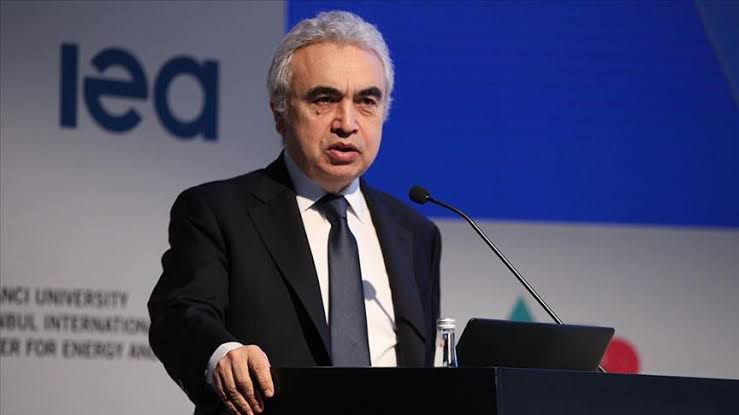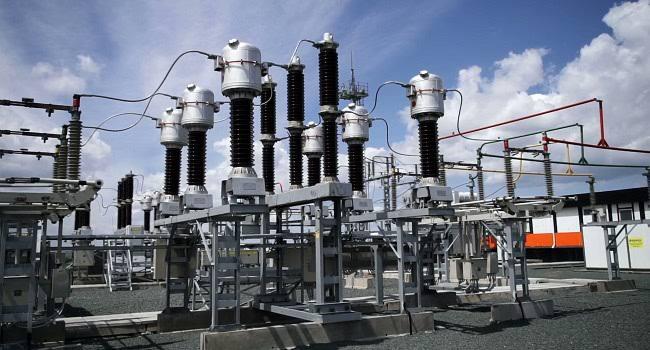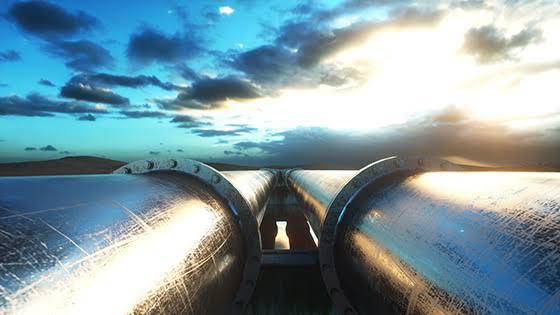The International Energy Agency warns that global energy market volatility and price increases will continue without a significant increase in clean energy investment. Consumer consumption demands must be met by clean energy investment across all technologies and markets as economies shift away from fossil fuels and less sustainable industries.
Fatih Birol, the Institute’s Executive Director, feels that the transition to net-zero carbon emissions will be unstable unless future energy demands can be financed, according to the Institute’s World Energy Outlook for 2021.
He said: “There is a looming risk of more turbulence for global energy markets. We are not investing enough to meet future energy needs, and the uncertainties are setting the stage for a volatile period ahead.”
“Reaching that path requires investment in clean energy projects and infrastructure to more than triple over the next decade. Some 70 per cent of that additional spending needs to happen in emerging and developing economies, where financing is scarce and capital remains up to seven times more expensive than in advanced economies”
In its assessment, the IEA cautioned that the crisis has prompted a steep increase in coal and oil consumption, putting the globe on track for the second-largest yearly increase in carbon emissions in history this year.
According to the report, investment in clean energy and infrastructure must triple over the next decade to attain net-zero carbon emission targets by 2050.
It was predicted that current climate promises will only achieve 20% of the targeted emissions reductions by 2030, which is critical for putting the world on track to achieve net-zero emissions by 2050. This would have to be implemented in both developed and developing economies all across the world.
While a new economy based on sustainable energy is emerging, Birol argues that progress is still too sluggish.
The institute sees its forecast as a roadmap for the next Cop26 climate conference in Glasgow, which aims to keep global warming to 1.5 degrees Celsius.
Currently, the IEA considers current climate pledges to be too modest. Government-adopted plans would still result in 2.1-degree temperature rises by 2100, while implemented measures would put the globe on track for a 2.6-degree rise. They also believe that if nothing is done, oil demand would not peak until the mid-2030s.



